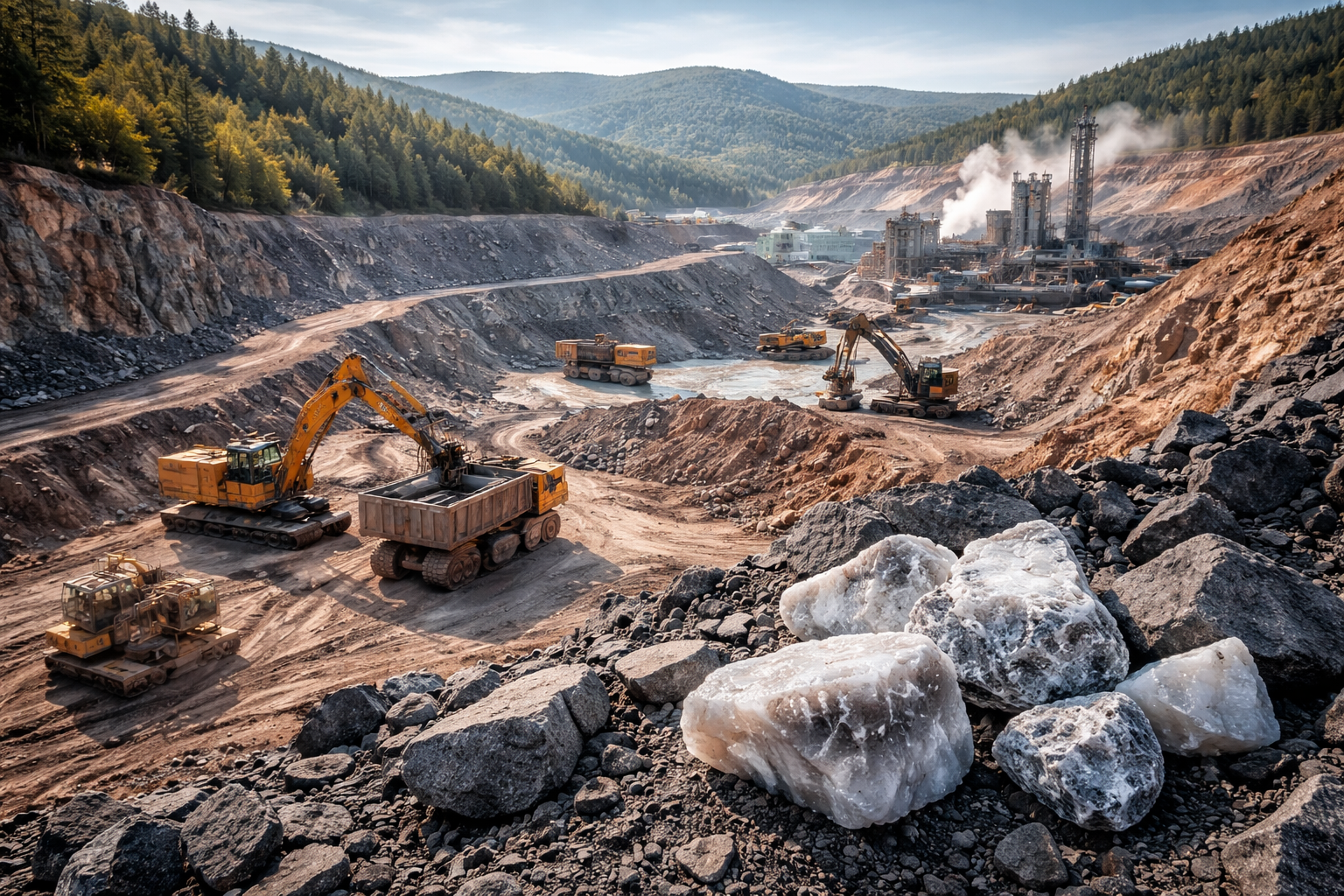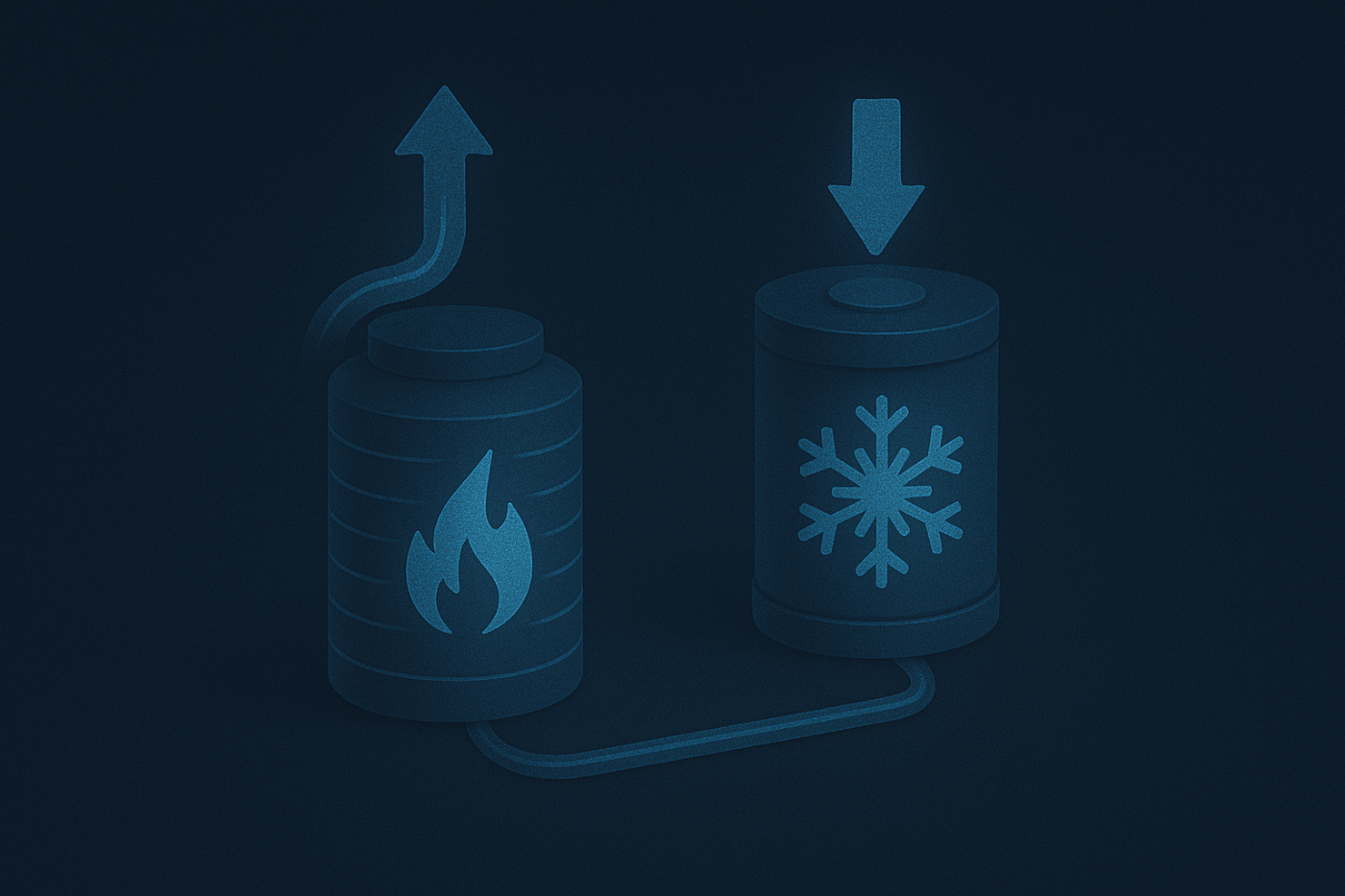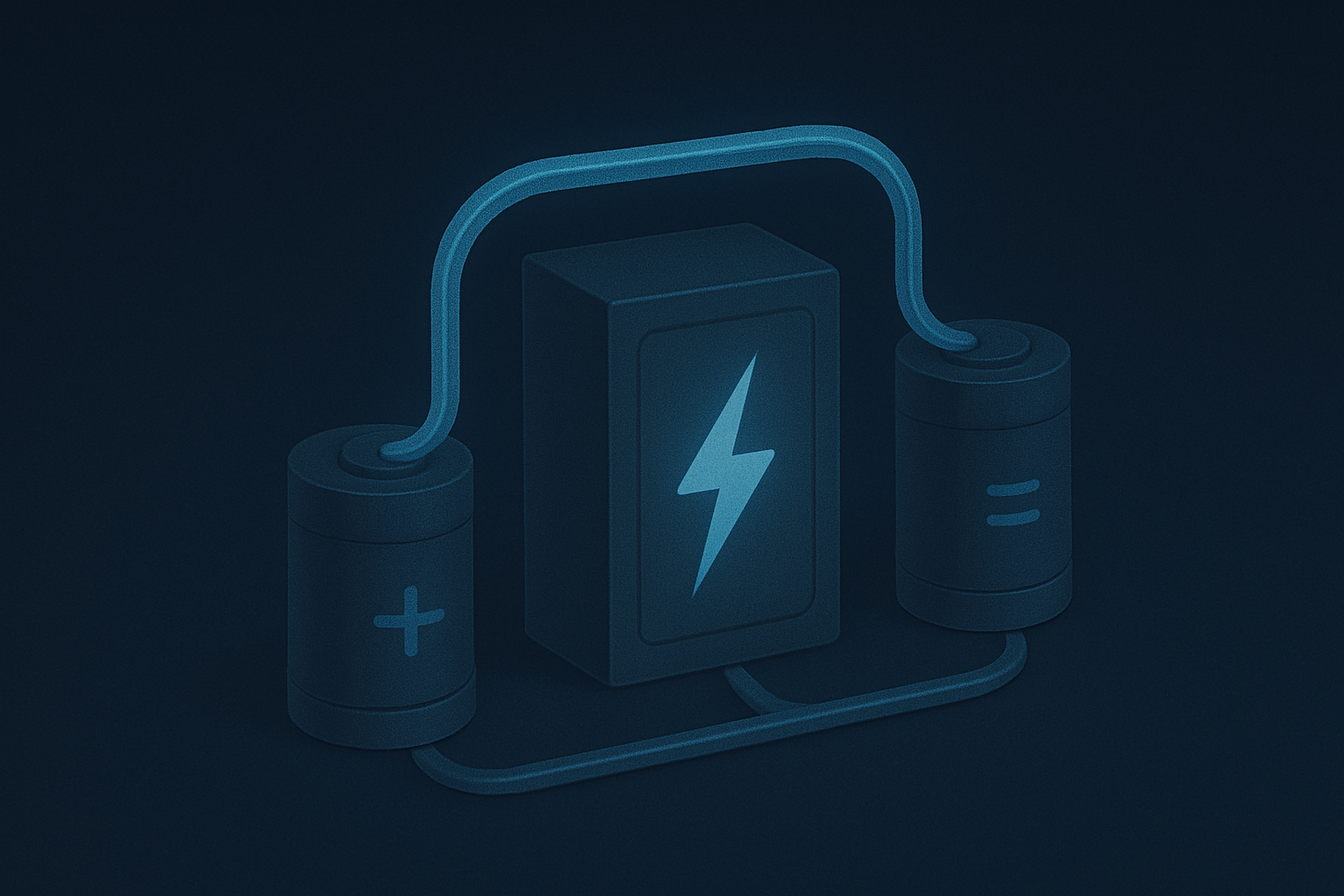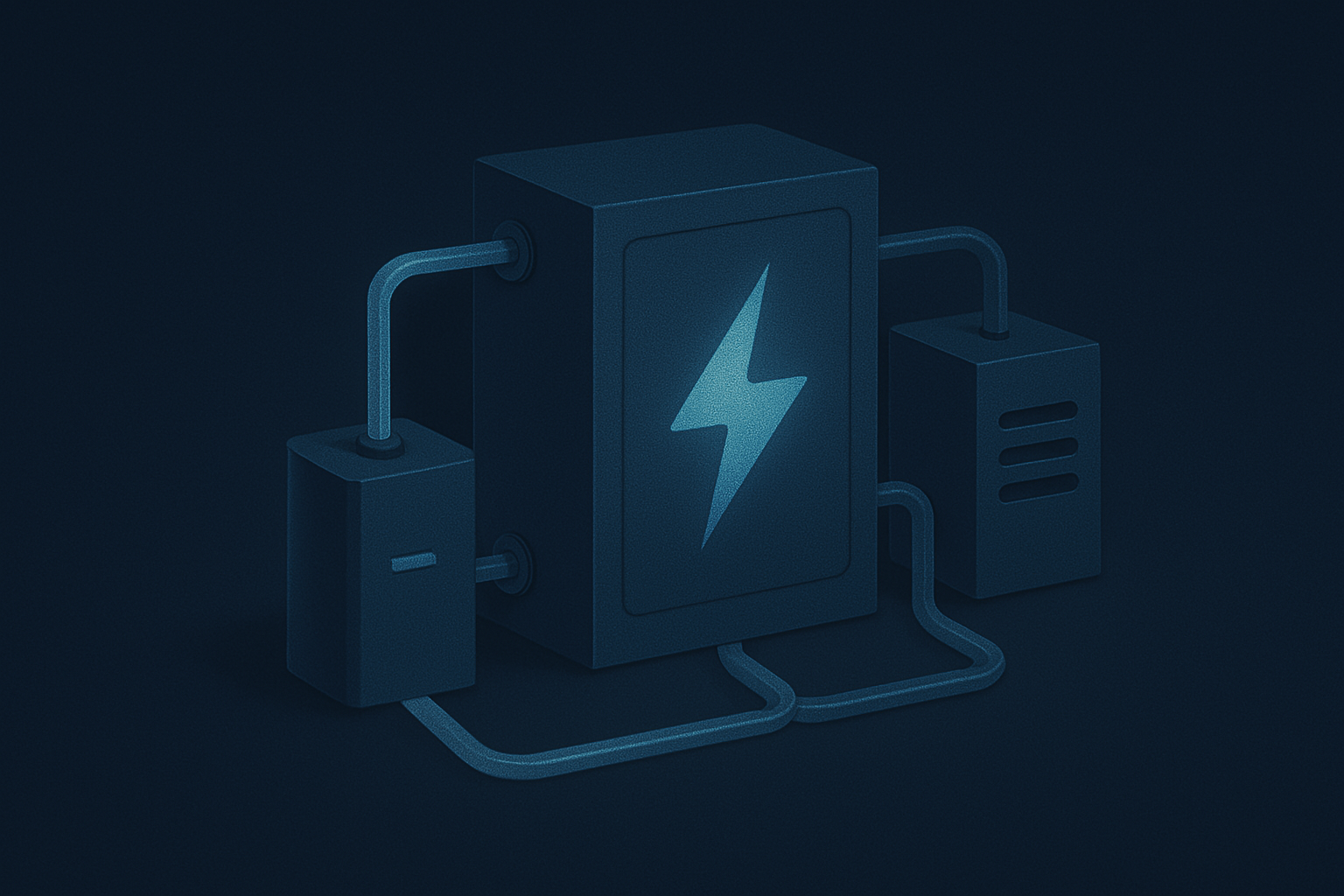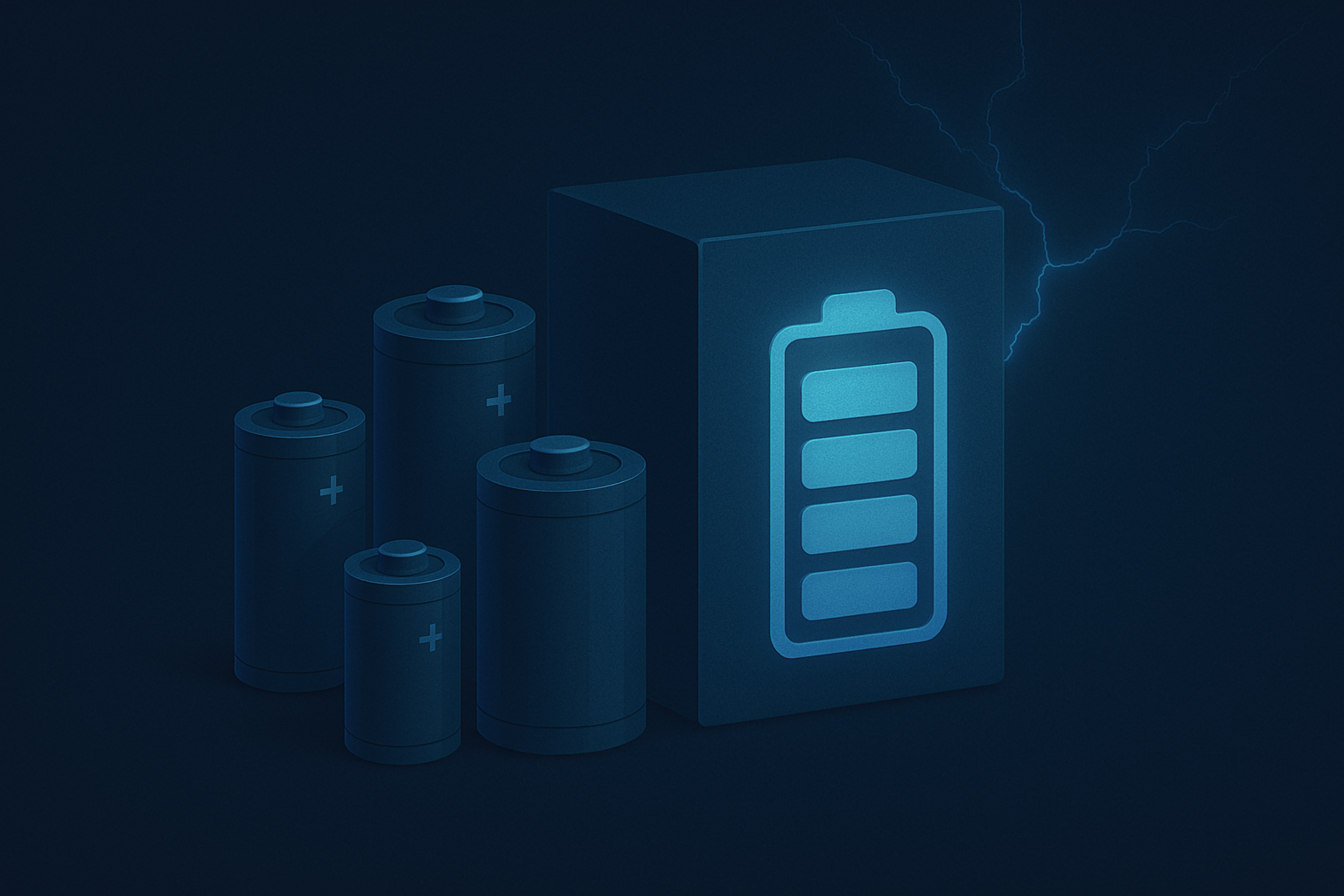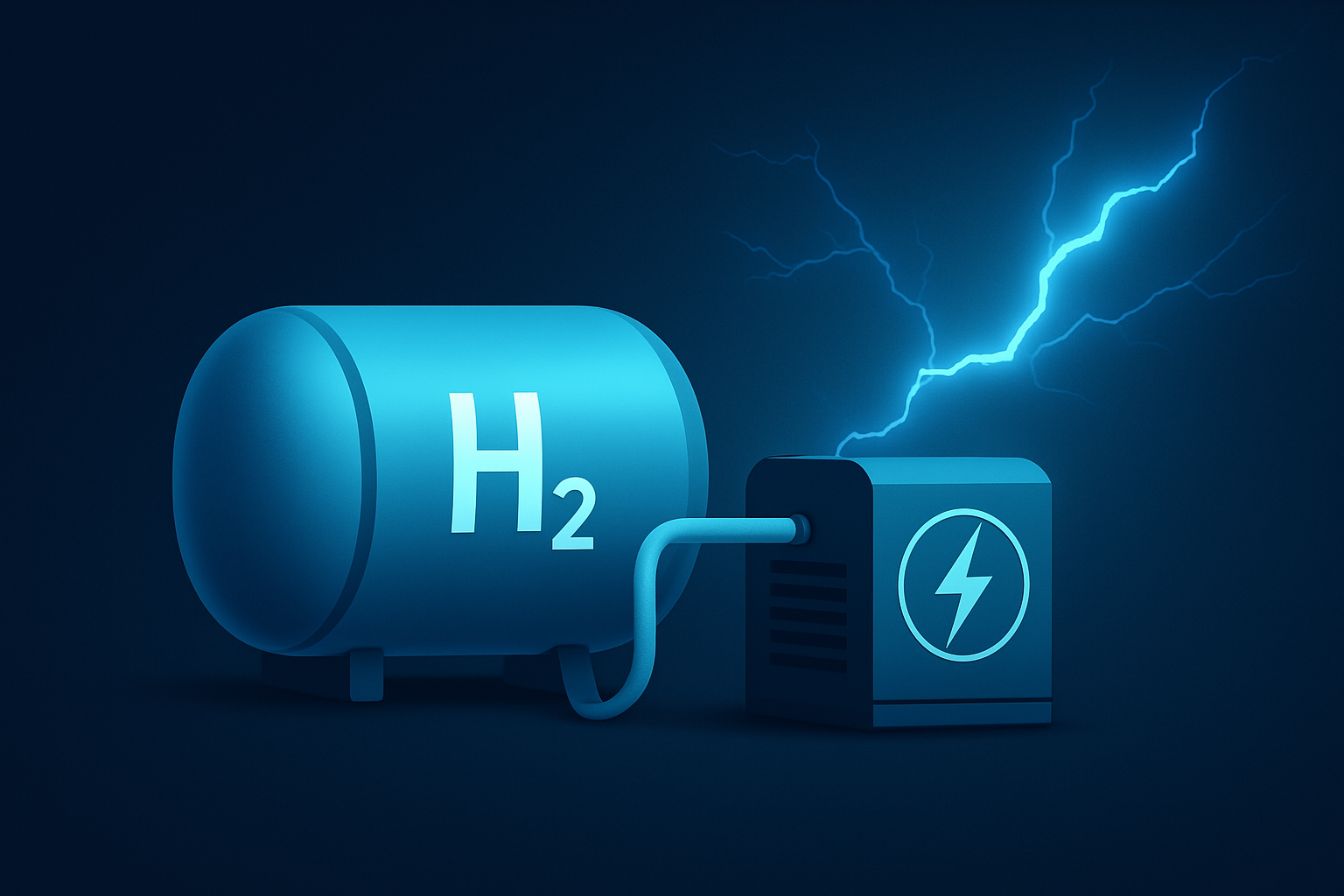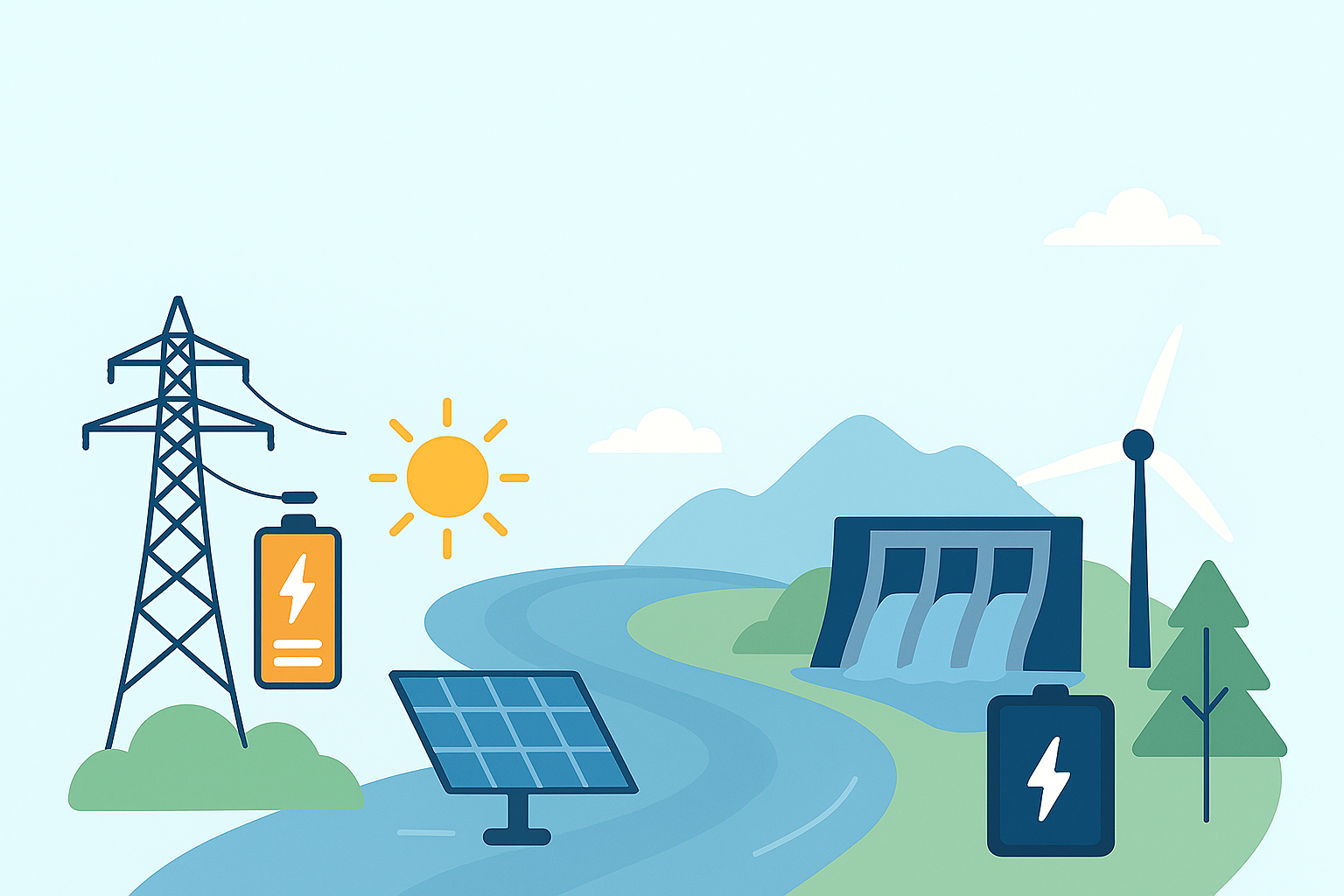
Energy storage challenges in the Danube region
Aging Energy Infrastructure and RES Integration Issues
The Danube Region's energy grid is outdated and struggles to accommodate the rapid integration of renewable energy sources (RES) like solar and wind.
This incompatibility leads to energy loss, grid instability, and inefficiencies in energy transmission.
The situation is further complicated by geopolitical pressures on energy security, necessitating an urgent infrastructure upgrade.
Intermittency of Renewable Energy Sources (RES)
Solar and wind power are inherently variable, causing unpredictable fluctuations in energy generation.
These fluctuations lead to grid imbalances, negative electricity prices, and increased reliance on fossil-fuel backup plants.
Without adequate energy storage, the intermittency of RES limits further renewable energy investments in the region.
Geographical Constraints on Pumped Hydropower Storage (PHS)
Pumped hydropower is the most mature form of energy storage but is limited by geographical constraints.
In the Danube Region, 88% of PHS capacity is concentrated in Austria and Germany, leaving other countries with insufficient storage options.
The lack of suitable sites for new PHS facilities demands alternative storage solutions adaptable to varied landscapes.
Dependency on Lithium-Ion Batteries and Supply Chain Vulnerabilities
Lithium-ion batteries dominate grid-scale storage but face issues with price volatility and supply chain dependencies.
Raw materials like lithium, cobalt, and nickel are sourced from limited regions, posing geopolitical and ethical risks.
The environmental impact of mining these minerals further challenges the sustainability of lithium-based storage solutions.
Environmental and Ethical Concerns
Mining critical minerals like lithium and cobalt leads to water pollution, land degradation, and habitat destruction.
These environmental costs are compounded by human rights violations, including child labor and unsafe working conditions.
The ethical and environmental implications necessitate exploring more sustainable storage alternatives.
Inaccurate Renewable Energy Predictions and Grid Imbalances
Accurate forecasting of renewable energy production is challenging due to dependency on weather conditions.
Inaccurate predictions cause grid imbalances, increasing reliance on fossil fuel-based Peaker Plants.
This volatility hampers grid stability and contradicts carbon reduction goals.
News & Events
Read the most recent updates and explore the upcoming events.

